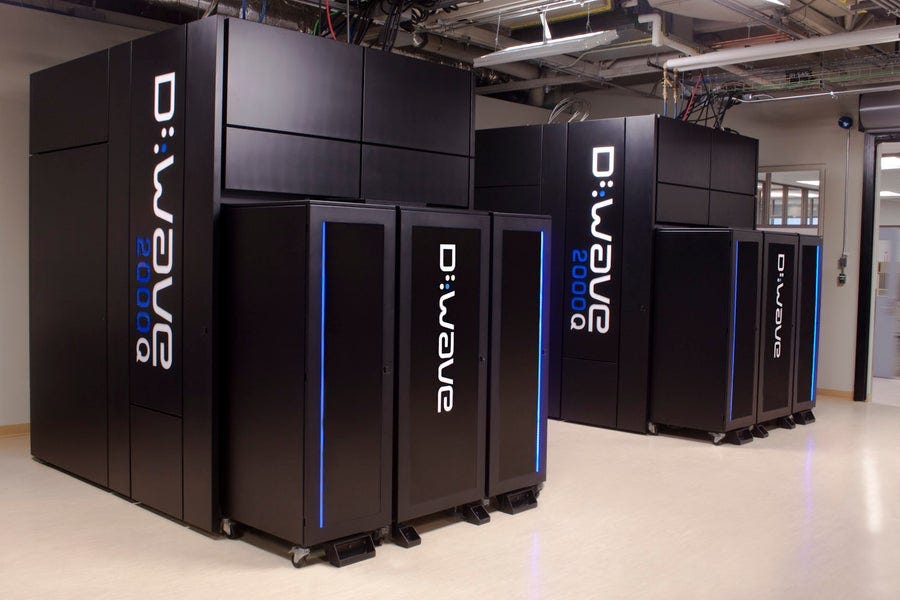Leading Quantum Computing Firm Accused of Fraud
One of the leading quantum computing companies, D-Wave, has been accused of fraud. They aren’t even the first quantum computing company to face such accusations, and they probably won’t be the last. Let’s have a look.
The recent accusations against D-Wave come from Kerrisdale Capital, a short-selling firm. Their report doesn’t hold back. They write that the current stock valuation of the company is “ridiculous” for a company “that has no clear path to profitability and sees stagnating customer growth as its approach is increasingly recognized as a commercial dead end. D-Wave is riding quantum hype, but with a core technology that cannot stay afloat.”
Ouch. But just what exactly do they think is the problem with D-Wave?
Kerrisdale argues that D-Wave’s quantum annealing can’t and won’t do anything a conventional computer can’t also do.
Quantum annealing is basically a specialised form of quantum computing that’s designed to solve optimisation problems. Rather than performing general-purpose calculations like gate-based quantum computers, annealers are optimised to find the lowest-energy state of a system. This is great for specific problems, in principle. In practice it’s unclear whether it isn’t easier to just use a conventional computer.
The accusation of fraud is based on D-Wave’s murky use of hybrid calculations that combine quantum with non-quantum procedures. Kerrisdale says it’s unclear what, if anything, the quantum part is even good for. They say they interviewed a former D-Wave engineer and asked them “What is the added benefit of including quantum in a hybrid solution?” To which the engineer replied, “I would say, the added benefit is we call it ‘quantum’ and this is a benefit, to some, in the marketing department.”
Another former employee said that “there is no proof that any optimization problem is solved faster using D-Wave’s quantum systems.”
Keep reading with a 7-day free trial
Subscribe to Science without the gobbledygook to keep reading this post and get 7 days of free access to the full post archives.





